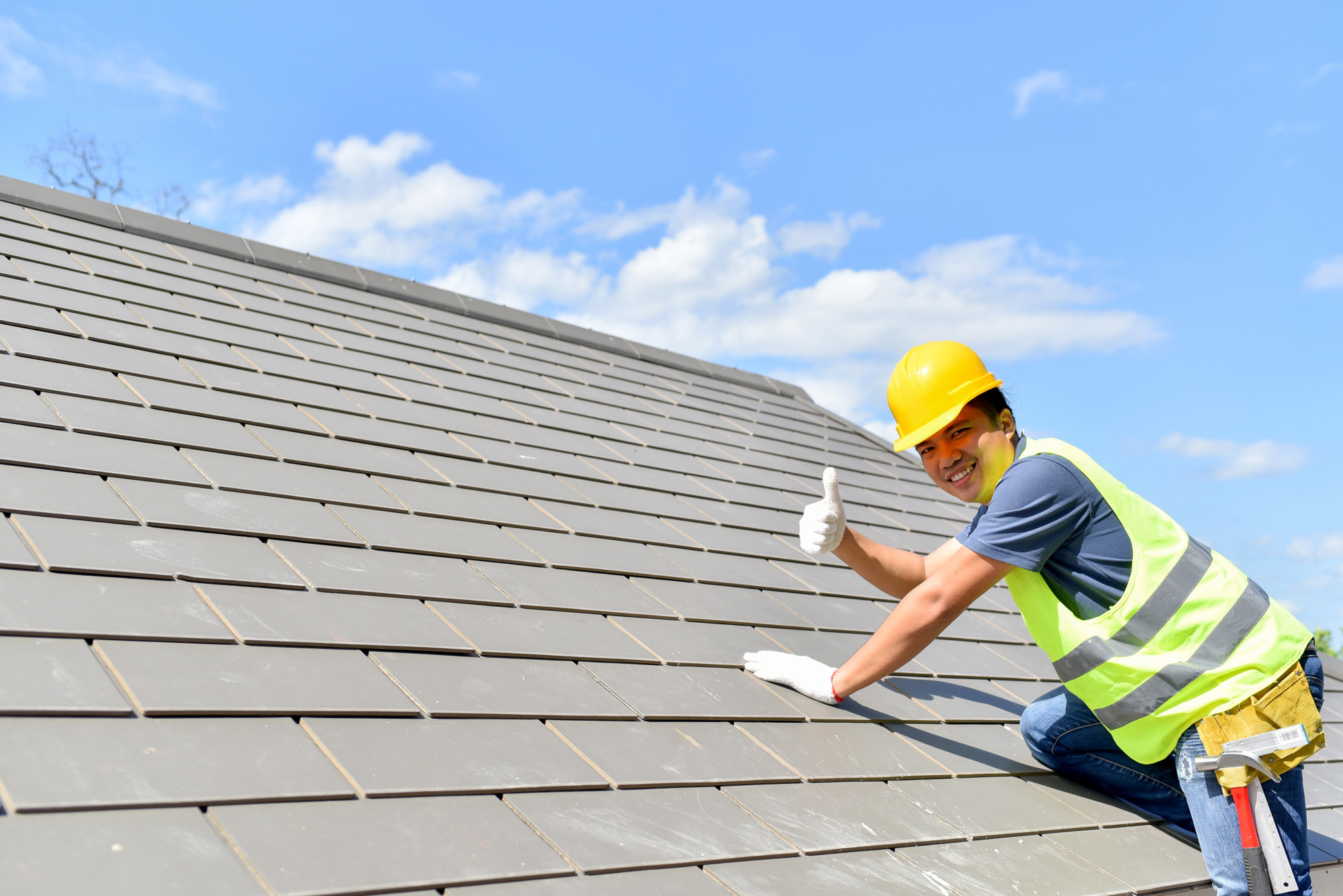Solar power is the way of the future and it’s something that more and more homeowners are becoming interested in. With the installation costs often being a bit high, it can be a hard decision to make.
But what’s the cost of electricity over the next 20 years with solar vs having other energy sources in your home? Can you save money by adding solar panels?
It’s always good to do a bit of research first before deciding this.
Here are some questions that you should be asking before adding solar panels to your Indiana home.
1. What Solar Products Does Your Home Need?
Each home and individual situation is unique and the solar products needed must be tailored to each situation. Homeowners should make sure to ask the following questions before adding solar panels to their Indiana homes. How much sunlight do I receive in a given year?
How many hours of direct sunlight does my home currently receive? What is the size of my roof and is it suitable for the necessary solar panels?
What type of solar panels do I need for my specific situation and how much energy will they generate? Visit blueravensolar.com/indiana, to know more about solar panels and how you should approach them.
2. Will the Panels Be On-Grid or Off-Grid?
Since the energy produced by the panels can be used or sold back to the grid, the first question is whether the panels will be connected to the grid or not. Off-grid systems are designed to provide power to the home without being connected to the grid.
On-grid systems can provide energy to the home, as well as put excess energy into the grid. In either case, the homeowner needs to determine what the panels are capable of, what the initial investment will be, and if the utility company will allow them to contribute surplus power to the grid.
3. What Will Be the Inverter Type?
Before adding solar panels to your Indiana home, it’s important to ask what type of inverter you’re considering. The inverter is an essential component of the solar power system. It converts direct current (DC) electricity from the solar panel into the alternating current (AC) electricity needed to power your home.
There are two different inverter types used in solar power systems, string, and microinverters. A string inverter takes DC power from all of the solar panels and converts it into one AC output. Microinverters, on the other hand, connect to each panel and provide your system with multiple AC outputs.
4. Where Will the Solar Panels Be Placed?
One of the key questions that must be asked is where the solar panels will be placed. When answering this question, consider factors like the size of the available space, the sun exposure of the area, the potential for shade or tree obstruction, the roof space, current and future needs of the home, and cost savings.
If rooftop solar is the chosen location, make sure that the roof is not too heavily shaded and can safely hold the panels. It is important to answer this question early in the solar installation process to ensure the proper placement of the solar panels.
5. How Much Power Will I Need for the Panels?
Before adding solar panels to your Indiana home, it’s important to determine how much power you’ll need for the panels. The size of the solar array required for your home will depend on your electricity usage and the number of panels used. This also includes the orientation and tilt of the panels for optimal exposure to sunlight.
To determine the amount of power you’ll need, you need to check your electricity bills over the past year to assess your usage. Additionally, you should consider any appliances or electronics you plan to install in the future that might increase your energy demand.
6. How Much Will It Cost to Install the Solar Equipment?
When considering adding solar panels to your Indiana home, it is important to research the total cost of installation. The cost to install solar equipment varies greatly depending on the size and type of system. Before adding solar panels to your Indiana home, research the total estimated cost of installation.
These include any permits, wiring, inverters, and other necessary components. Consider speaking to a contractor to get an estimate for the labor costs as well. Ultimately, the cost of installing a solar energy system depends on the size and quality of components, the type of installation, and the local market.
7. What Goes Into Your Pricing Model?
When considering an installation, you should ask questions about the pricing model. What is the cost of the panels? Are there any incentives or rebates available?
What is the total cost to finish the installation? Do you have experience installing in Indiana? What type of warranties do you offer?
Are there labor costs? What is the expected lifespan of the system?
How will the system affect your electric bill? Asking these questions can help you make an informed decision when it comes to adding solar panels to your Indiana home.
8. Who Will Do the Installation?
When looking into the addition of solar panels to your Indiana home, the very first question you should ask is “Who will do the installation?”. Are you using a professional third-party installer, or are you attempting to install the panels yourself?
Professional installation is recommended to ensure your safety and the safety of your investment. This ensures that your solar energy system is up to code with local regulations. Ask for references for the contractor you hire and review their qualifications to make sure their experience aligns with the complexities of solar panel installation.
9. What’s The Provider’s Experience?
If you are considering adding solar panels to your Indiana home, you should inquire about the experience of the solar panel provider. Determine how long they have been in business providing solutions for homes like yours. Ask for references or case studies from their past projects that you can review.
It’s also a good idea to visit one of their completed installations that you can physically inspect so that you can visualize the quality of their workmanship. You should also ask for proof of certification, licensing, and insurance to make sure their employees are properly trained and qualified.
10. How Long Will It Take to Install Solar Panels?
The most important question to ask is “How long will it take to install solar panels?” This is important because it will impact one’s timeline for recouping the cost of installation. Additionally, one may need to plan for some disruption to their daily routine to accommodate the installation of the panels.
Factors that could impact the time it takes to install solar panels include the size and complexity of the system, as well as the conditions of the roof. If a contractor has all of the necessary materials onsite and a good weather plan, the installation process should take no more than a couple of days.
11. Are There Tax Incentives Available?
Indiana residents considering solar panel installation may be able to take advantage of state and federal incentives. Federal tax credits include the Business Energy Investment Tax Credit (ITC) and the residential renewable energy tax credit.
It should also include questions like What are the requirements for taking advantage of any solar tax credits in Indiana? Are there any state rebates or grants available to defray the cost of installation? How long will it take to recoup the initial cost of installation through solar energy savings?
12. Does the Provider Offer Maintenance Service?
When considering adding solar panels to your home in Indiana, you’ll want to ask the provider if they offer maintenance service. Maintenance is essential because it helps to keep the solar panels in good condition and running efficiently. It also helps identify any issues that may be present.
Which can also help keep your energy bill low by minimizing the need for repairs. It’s a good idea to ask what type of preventive and corrective maintenance services the provider offers and whether they have a certified solar panel technician on staff.
13. Who Will Do the Paperwork?
When considering whether to add solar panels to a home in Indiana, it is important to ask who will do the paperwork. This includes determining who will file the necessary paperwork with the county and the state. In Indiana, additional approval may be needed from the Historic Preservation Commission if the house is located in a historic area.
It is also important to ask about who will obtain the permits required for the installation of the solar panels. This includes determining who will obtain electrical permits, building permits, and even permits from utility companies if applicable to the installation.
Get Your Indiana Home a Solar Panel Today
Adding solar panels to your Indiana home can bring you many benefits, but it is important to carefully consider your options and to ask questions before taking the plunge. By asking these questions you can effectively make an informed decision.
Be sure to look into cost, incentives, the type of solar panel and installation company, and other elements of your decision before committing. Make the smart decision and find out if solar panels are right for you today!
If you want to read more interesting articles, go to our daily blog post for the latest topics.










